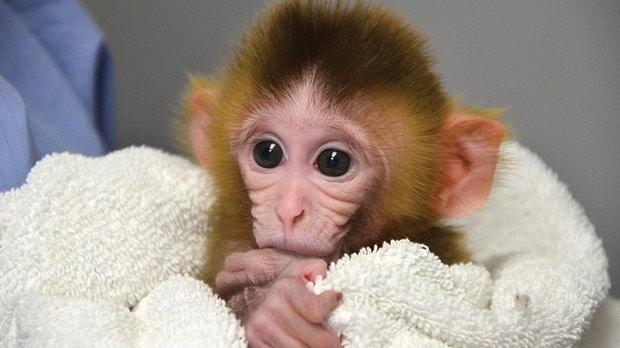Technology has enabled us to share our emotions more than ever (eg. through social media), which in turn increased the way we feel those emotions. Happiness isn’t about being in the moment anymore, happiness is getting likes on the Facebook post that captured said moment. This emotional overload is slowly starting to hinder our thought processes – unfortunately, all of this change happened so abruptly that it has only started being noticed by the scientific community.
Let’s take a look at an example of how our emotions hinder the thought process – abortion. Abortion clinics all over the world are being picketed and even physically attacked, be it the doctors or their clients. Abortion should be illegal, the pro-life community says, ending a human life is an abomination and you should not be allowed to do it. If we are going to talk about emotions, then I have to say that these people absolutely disgust me. Not only are they disputing what other people shall do with their lives, but they are also completely inconsiderate to the ‘life’ they’re rooting for. The unwanted child would most likely end up in either foster care or go up for adoption. Still want to talk about emotions? Foster children as well as adopted ones go through an emotional rollercoaster during their upbringings, and are more likely to end up committing crimes once in their adolescence. Another solid evidence for why abortion should be legal, is the decrease in crime rates the legalization of abortion brings. This phenomenon is called the Donohue-Levitt hypothesis, which states that legalization of abortions during the 1970s explains a decline in crime of the 1990s. The emotional response of the ‘pro-life’ supporters is not only hindering our society, but also destroying lives. All of this seems very silly once you consider what life actually is, and if the embryo is even alive or not, which is still a very debatable subject.
Another example that I’d like to offer as an argument against emotions in a developing world are the so-called designer babies. Genetic modification is reaching the point at which scientists will be able to edit the embryo’s genomes, and enable parents to ‘design’ their soon-to-be-born babies. Some argue that this is a horrible idea, that the rich will misuse these scientific advances in order to make their children perfect (genetically speaking), and that ‘playing God’ will not end well in the long run. On the other hand, being able to eradicate any and all birth defects is not commented on – people tend to look at the negative more than at the positive outcomes. Imagine a world in which all babies are born perfectly healthy, without any extra chromosomes or other life-crippling diseases. If you consider this to be an unethical practice, consider yourself standing in front of parents of a new-born with, let’s say, autism. Now picture yourself saying, ‘I wish your child was born healthy, and it would’ve been possible with modern technology, but, you see, it’s unethical, and it goes against my beliefs!’… See what I mean?
ANDi, first genetically modified monkey, source: timesofmalta.com
One could argue that these examples are quite specific, and that emotional response of the populace can contribute to responsible decision making in the society. After all, without our conscious mind, which is responsible for our emotions, we would have no knowledge to start with. An example of this would be the global opposition against a US government bill called SOPA (Stop Online Piracy Act), which would have compromised the privacy (and anonymity) of internet users, if it passed. Without the emotional response of the people, the online world would look much different today with the bill in action, censored and biased in whatever direction the government sees fit.
If you’re curious about the genome modification topic, I’d highly recommend starting off with the movie called ‘Gattaca’ :)
Sources
http://freakonomics.com/2005/05/15/abortion-and-crime-who-should-you-believe/
The Impact of Legalized Abortion on Crime – J.J. Donohue, S.D. Levitt, 2001
Babies by Design: The Ethics of Genetic Choice – T. Miksanek, 2008
https://www.eff.org/issues/coica-internet-censorship-and-copyright-bill
